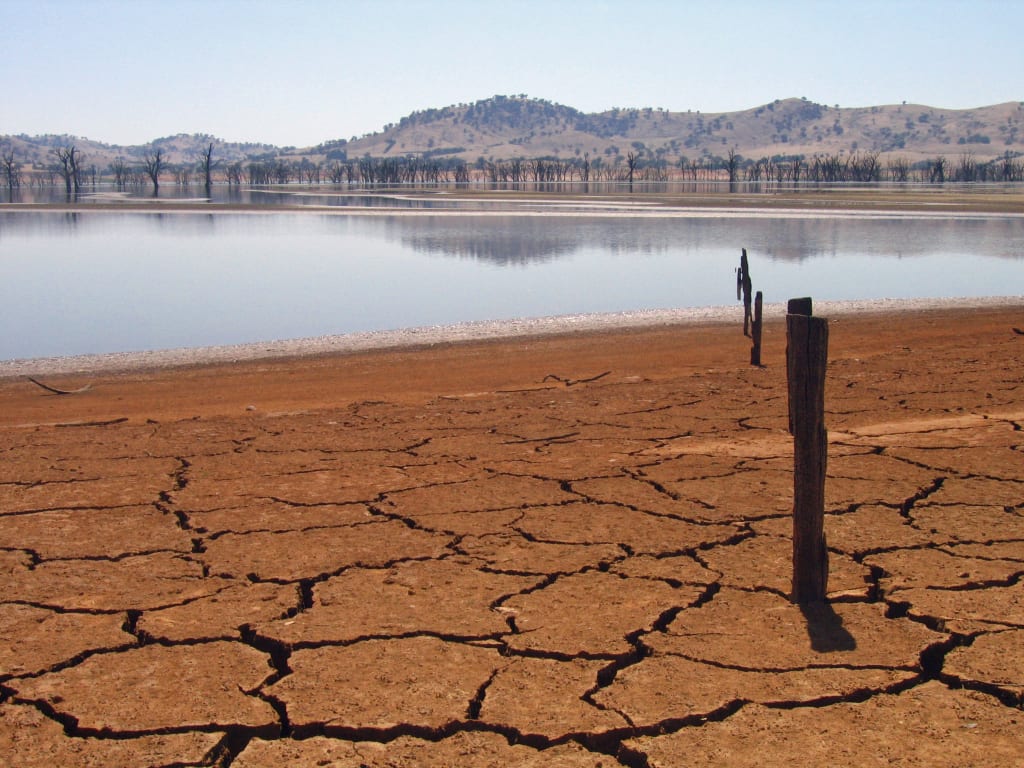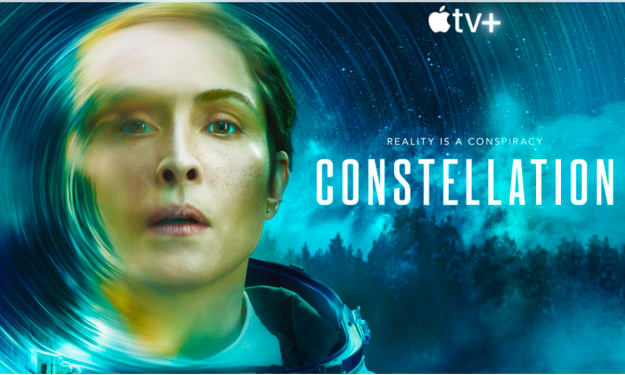From Terror to Transformation: Can Fiction Effect Change?
How Literature Can Utilise Terror to Incite Change

The question of whether fiction effects change, environmental for instance, has been pondered by many, including writers, readers and those who sneer at the study and creation of literature.
Writer Jeff VanderMeer explains how he himself is unsure on the answer to this question. His initial response was looking to the past and seeing whether the environmental writing of the 1970s has changed anything. He remains skeptical, yet change has occurred, particularly in the portrayal of the environment in the media. Although not as epic and world-changing as VanderMeer desires, it is very important that the media promotes environmental issues positively. Of course, the media's portrayal isn't perfect, but it is steadily increasing public awareness. Science is a great source of evidence to prove how humans have been damaging the earth, but such evidence does not captivate the public as it is inaccessible and often feels irrelevant in their daily lives. The media and the arts, such as literature, bridge the gap between science and the general public, allowing connection and understanding in a multitude of ways that befit the diversity of humans. As Helen Philips highlights, the arts are attempting to make the environmental crisis “feel human and not abstract”.
Philips continues that she deems the fiction she writes as futuristic, yet at the rate the world is developing its technology, what was considered science fiction is now reality. The physical world has consistently and increasingly become fused with virtual and digital aspects, redefining the term ‘reality’ to represent both. There is often no distinction between the physical and the virtual.
Or, rather, there should be no distinction and yet due to capitalism monetising everything, digital reality often takes precedence over physical reality regarding general maintenance and development. This precedence is understandable considering how there is almost an immediate effect regarding technology, for instance in the form of a new gadget, and so it is extremely difficult to fund long-term projects. An example would be soft tech, the combination of nature and tech such as mushrooms artificially grown to replace Styrofoam, due to the gradual effect it has. VanderMeer highlights the usefulness of soft tech, explaining how ‘soft-tech…works with the world and its complex systems’, similar to how literature engages with the world; accommodating, diverse, accessible.
Fiction effects change, even if it that change is with one person, since by provoking this one mind it starts a chain reaction, as they begin to question their reality, promoting discussions in which they challenge others’ perspectives. Philips believes that “just thinking alternate realities, whatever they may be, can move us out of our inertia”, which can occur by thinking of possible futures. This chain of thinking to challenge inertia can stem from terror, which is the foundation of many science fiction works as authors and artists create dystopias that are at once alien and uncanny as well as utterly conceivable realities. Literature gradually (for not all change can be a Hollywood-esque explosion of immediate change, where the world is saved by the writings of one man), expands perspectives, encouraging people to become less inert and more accommodating to learn new things, from rising sea levels to raising kids.
Recent books to challenge my own inertia include:
Frankenstein in Baghdad, by Ahmed Saadawi – Far away from the Gothic era of Mary Shelly’s Frankenstein monster, this book’s almost fantastical take on the reality of living in modern Iraq is an engaging and thrilling read that highlights a small community’s spirit in dealing with frequent bombings and erratic politics.
The Outsider, by Albert Camus – From the famous first line to the provocative ending, Camus’ protagonist elicits a range of emotions, challenging others’ right to pass judgment and criticism on certain behaviour.
Brothers, by Yu Hua – A riotous tragicomedy on contemporary China, this book draws you in with colourful characters and distinct mix of fiction and history.
Scorch Atlas, by Blake Butler - A collection of short stories that will turn your stomach, for Butler's descriptions of a decaying world are so vivid, you'll believe you are actually there.
About the Creator
Harriet Weston
Writer with an interest in sci-fi and contemporary issues.






Comments
There are no comments for this story
Be the first to respond and start the conversation.